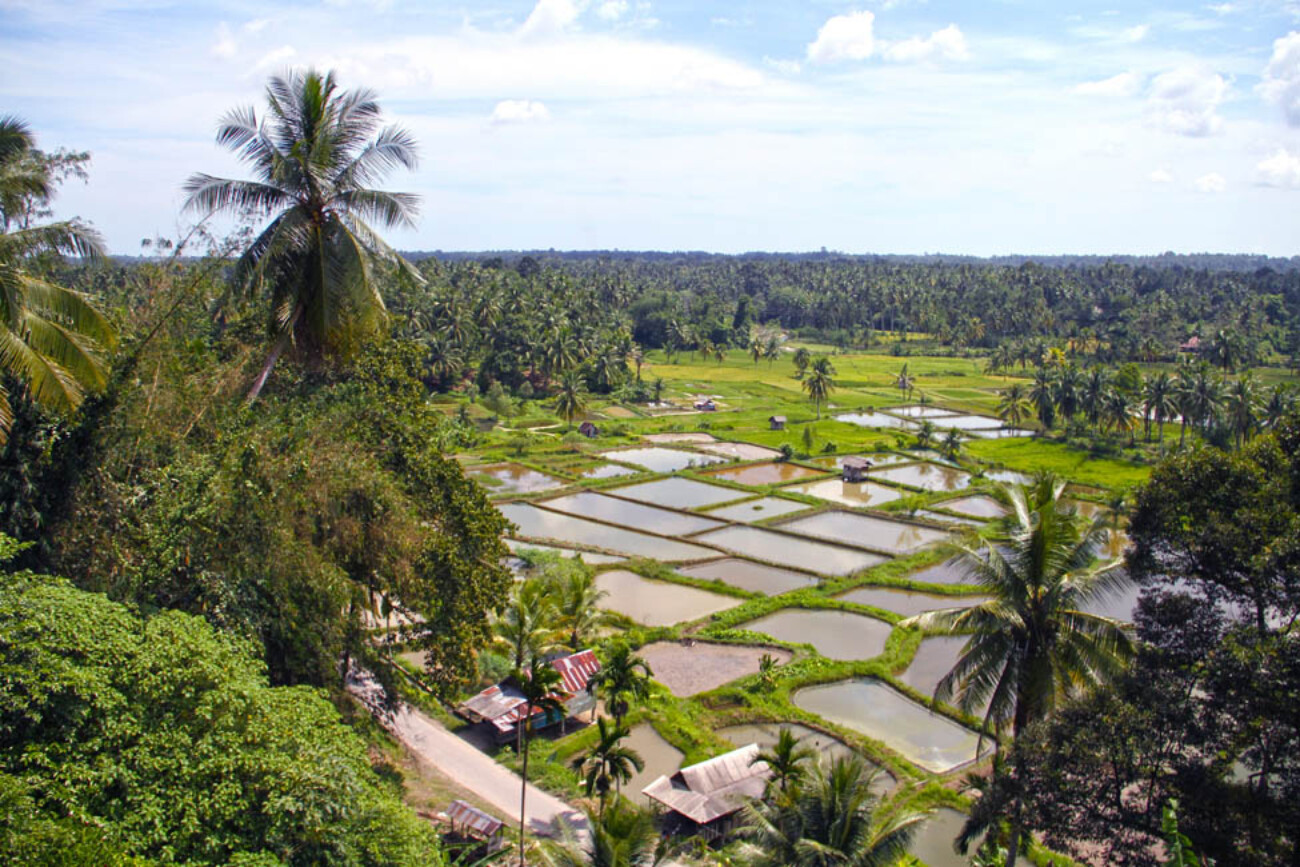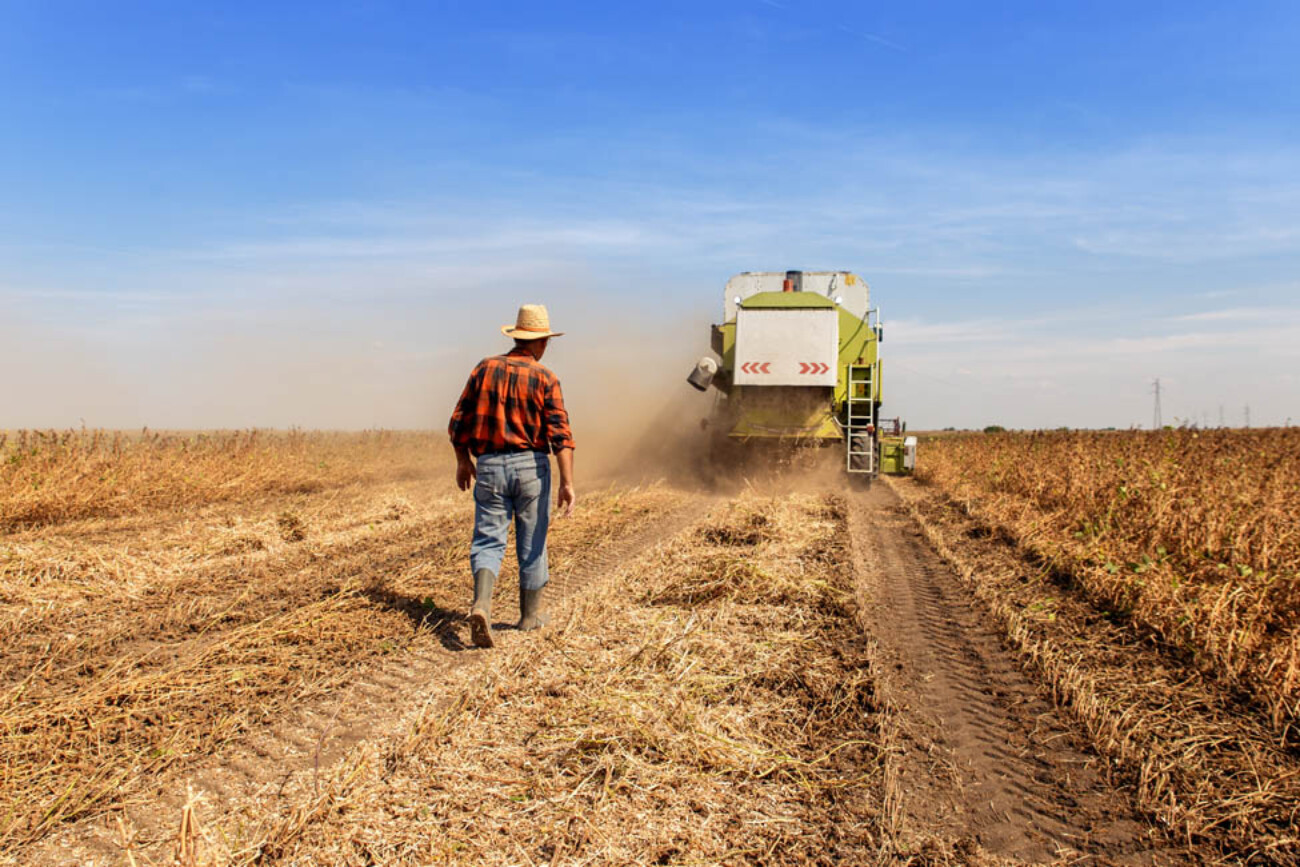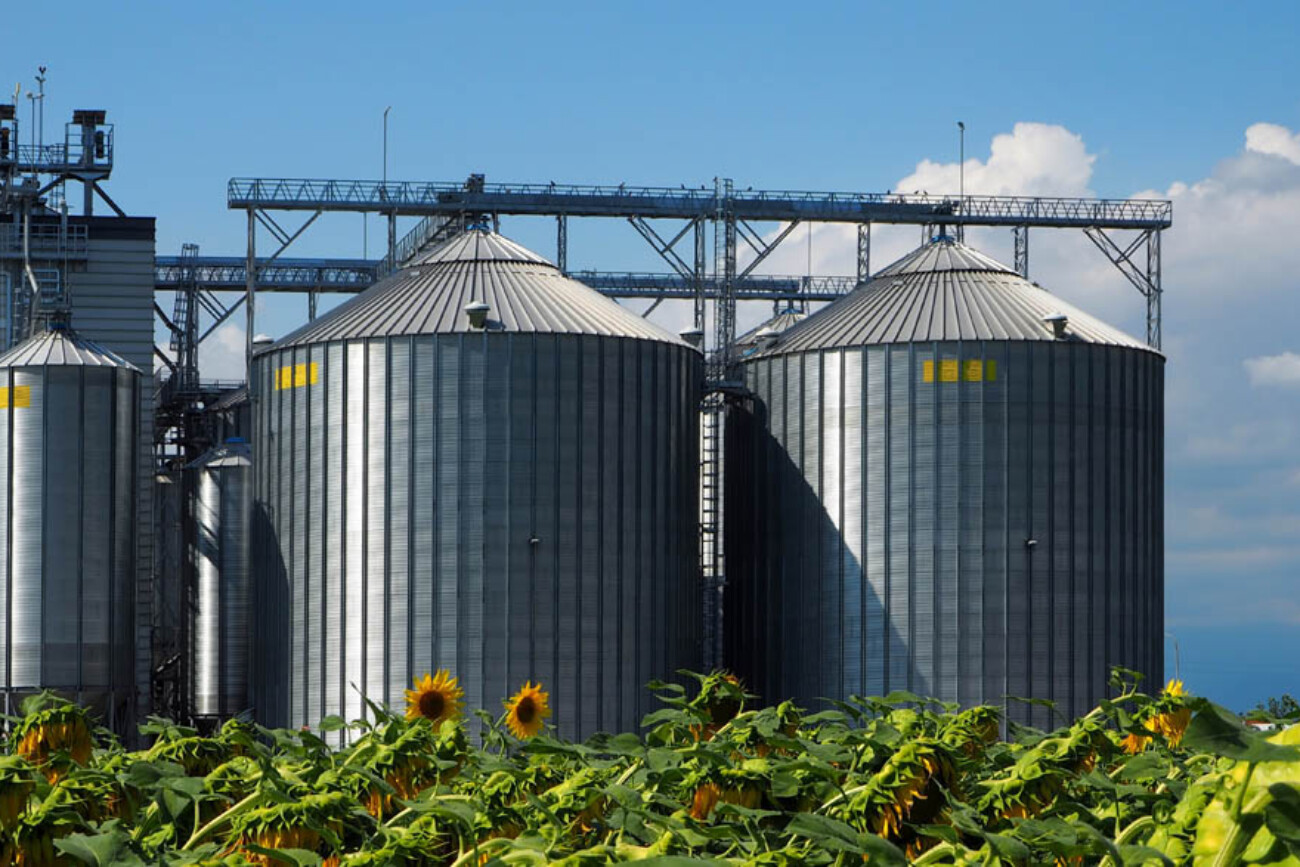The pain is getting worse. Markets are declining, inflation is persistent, the FED’s tightening cycle is in full swing, and there isn’t anywhere to hide. The everyday American consumer is feeling pain in their portfolios, savings are shrinking, and their everyday costs are rising, whether it be at the pump or the grocery store. On the positive side, the impending demand destruction should ease supply chain tensions, giving less relevance to China’s zero-Covid policies.
Our view on Russia’s war with Ukraine continues to be the same. While both factions have become increasingly dug-in, leading to what will likely be a long-term conflict, the world is looking for solutions to commodity shortages. Sanctions continue to weigh on any trades coming from Russia, but not every country is privileged enough to stand by these in the long term. Cracks are beginning to show, as a number of protests have broken out across the developing world. In some cases, protests are formed by farmers against protectionist policies (e.g. Argentina and Indonesia), while in others the general population is simply asking to make their food and gas more affordable (e.g. Greece, Chile, Peru, Kenya). Calls from international institutions that Russia is starving the world seem obvious, if not naïve to be stated out loud. Of course Russia is starving the world, they’re at war with the West, not just Ukraine.
Sanctions are merely a second-degree attempt
to strangle the Russian economy, in the first-degree,
that is actual production of goods, Russia is winning clearly.
When the Bolshevik’s came to power in 1917, Vladimir Lenin famously declared “Wheat is the currency of currencies”. The communists then employed Prodrazvyorstka (продразвёрстка) policies, which saw food confiscated and redistributed. Subsequent policies continued to interrupt the grain market through taxes and collectivization. Crop production became erratic leading to continuous food supply issues, this in the country with the largest land mass on the planet, with plenty of natural resources to meet its demand. These policies are attributable to Marxist theory and serve as good example of how free market price incentives are important for naturally distributing supply and demand in such a way that one meets the other. The Russian’s learnt this lesson after their resource-rich lands could no longer feed their population. The Holdomor is the most prevalent case during this time, which saw famine hit Ukraine in the early 1930s, leading to millions of deaths. Some historians argue that this instance of famine was planned by Stalin to starve the Ukrainians into submission. Whether this is true or not has been debated, but either way the lessons are clear: food can be weaponized.
We remind our audience of these early 20th century atrocities, to serve as preamble to Russia’s current strategy. That is to starve the globe of its resources. Negotiations to arrange safe passage of vessels from Southern Ukraine through the Black Sea have unsurprisingly fallen apart. Russian control over the land bridge between eastern Ukraine and Crimea does not only help them move Ukrainian grains into Russian hands, but these regions are home to a good chunk of annual Ukrainian grain production as well. Russia’s hold on the grain trade is becoming stronger, not weaker. Sanctions are merely a second-degree attempt to strangle the Russian economy, in the first-degree, that is actual production of goods, Russia is winning clearly. The question of whether Russia can outlast sanctions is becoming increasingly obvious, it can.
The temptation to buy commodities from Russia is becoming ever-present in countries whose populations need price relief, or whose supplies themselves need replenishing at any price. Circumventing Western sanctions is not a terribly complicated endeavor, and we suspect that trades of this nature are already well underway. Last month we briefly discussed Brazil’s import of Russian fertilizers. Now, Brazil is being touted as one of the possible solutions to the world’s food crisis. But, if this food is produced on the back of Russian-originated inputs, paid for by Brazil into Russia’s coffers, should the food stemming from this resource not also be sanctioned? It does not take a genius to make this very transitory connection, yet the West has quietly turned a blind eye. Convenient.
As inflation rages on, we believe these “conveniences” will continue to emerge. They will not be widely publicized, as will the continued sanctions and business departures from Russia, but they will prevail. While there is symbolism to McDonald’s and Starbucks shutting their doors in Russia, the irony is that a burger and a cup of coffee will eventually double in price for the rest of us. While Russia loses western representation within its borders, it is merely that, a representation of western values, in turn, the West is losing a vast wealth of resources that are necessary for its survival. It is clear to us, which can outlast the other.
Nord45Partners ©2022


